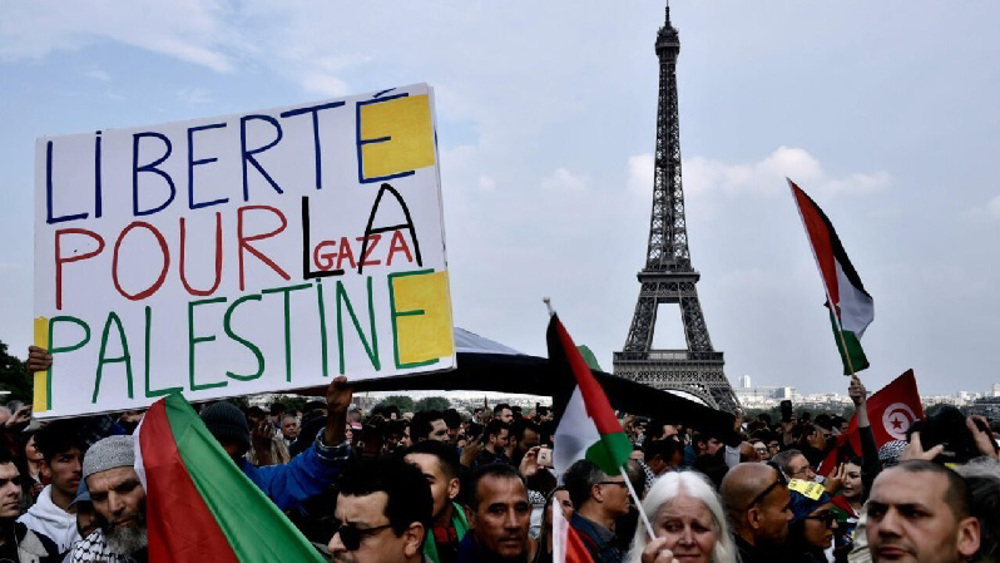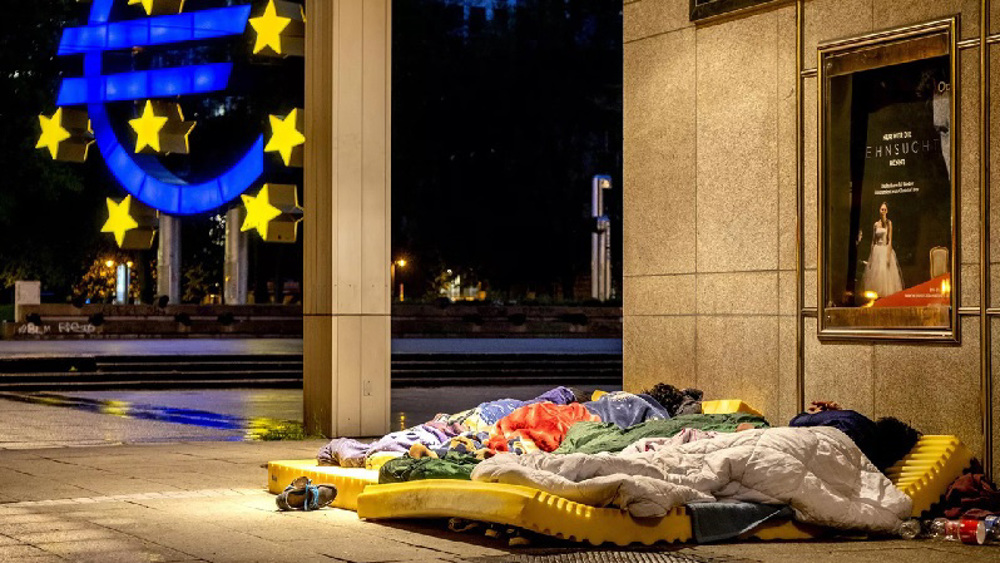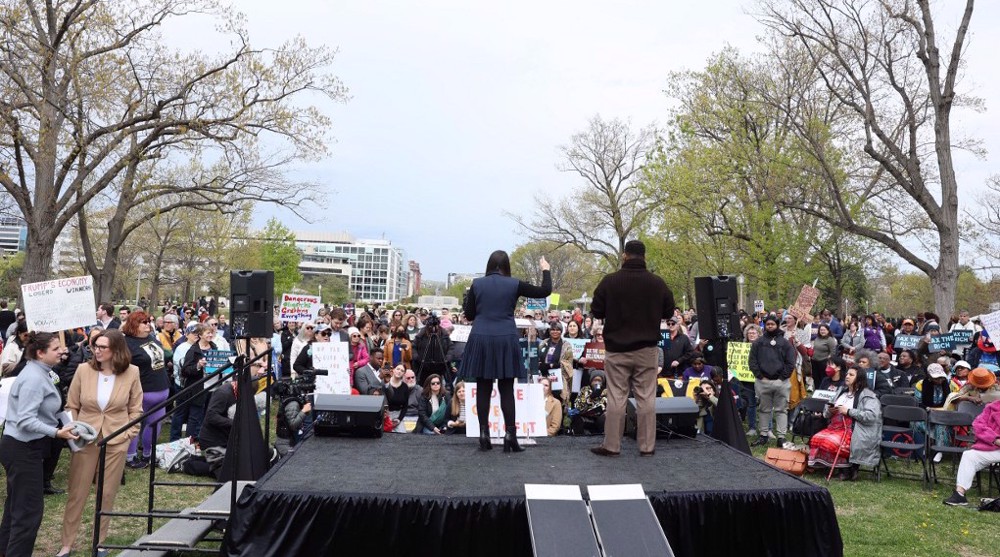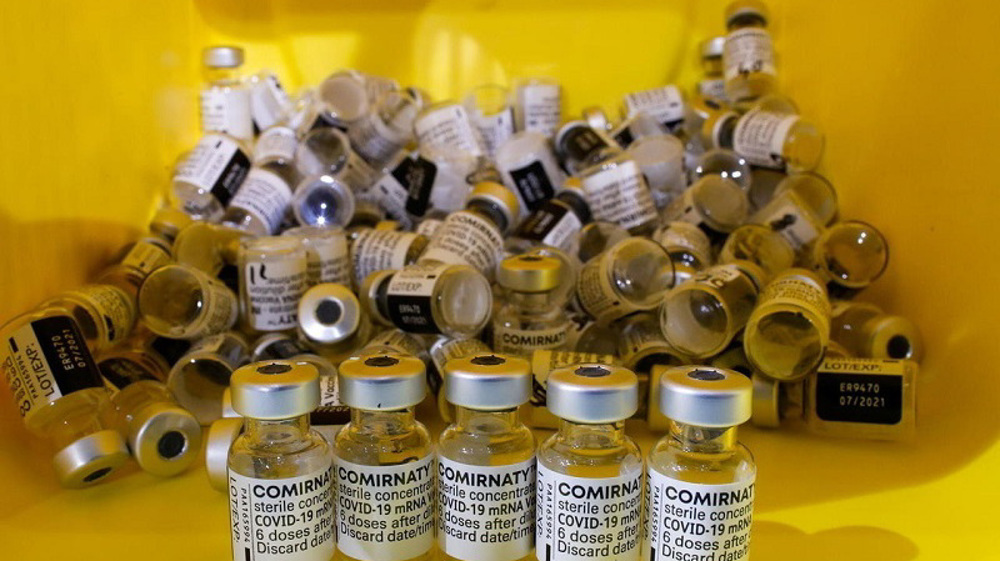Vaccine hoarding major contributor to pandemic severity
Leaders of the G7 have pledged to share one-billion doses of COVID-19 vaccines to give momentum to the global fight against the deadly disease.
Activists, however, say more effort is needed to get the world back to normalcy. Campaigners have argued that this contribution is not nearly enough to rid the world of the Covid-19 virus. They once again decried major countries for vaccine hoarding which they say is contributing to vaccine inequality.
When the novel Coronavirus began to spread around the globe in early 2020 many were pinning their hopes on herd immunity as a means to end the pandemic, a slow process in which a majority of the population becomes immune to the disease, making the transmission harder.
But scientists began their studies on the contagion from early on, to understand the virus and produce a vaccine. The Pfizer/Biontech vaccine became the first to obtain the World Health Organization's approval for emergency use, offering the world a glimmer of hope in the fight against the deadly respiratory disease.
Months later, however, the world is still struggling with a pandemic, and its impact on the lives of its 8 billion inhabitants.
While new cases and deaths have sharply fallen in richer nations, poorer countries, including those in Africa, are witnessing soaring infections and fatalities. Many observers, including the WHO, attribute this to vaccine inequity.
Six months since the first vaccines were administered, high income countries have administered almost 44% of the world's (inoculations) those low income countries have administered just 0.4%.
The most frustrating thing about this statistic is that it hasn't changed in months. Inequitable vaccination is a threat to all nations, not just those with the fewest vaccines.
Tedros Adhanom Ghebreyesus, WHO Director General
It is never too late to save lives
I think that it's never too late, if you're talking about saving lives around the world, but I believe that it's absolutely true that we should have approached this pandemic as a global problem from the very beginning.
If all of the countries had teamed together and distributed the vaccines across the globe early on I think we would have seen much, much less death and devastation due to this pandemic.
so you know yes it's wonderful that some countries are stepping up now and offering doses of the vaccine but absolutely this should have been done, you know 12, 13, 15 months ago.
Norman Stockwell, Political Commentator
Human rights groups and charities are calling on the world's richest nations to do more to help bring the pandemic to an end.
Ahead of his visit to the United Kingdom to attend the G7 summit, US President, Joe Biden, unveiled America's plan to help poorer nations fight the COVID 19 outbreak.
The United States will purchase a half a billion doses of Pfizer COVID-19 vaccine to donate to nearly 100 nations that are in dire need, in the fight against this pandemic.
Joe Biden, US President
Other G7 nations have also pledged to contribute to the group's 1 billion dose target.
In the meantime, health and anti poverty campaigners say that while the G7's pledge is a step in the right direction, it falls short of the number of doses needed to win the battle against the pandemic.
Charity organization Oxfam said to end the COVID crisis the world needs 11 billion doses of vaccines, it also called on the G7 to support a push for a waiver on the intellectual property rights behind the vaccines, a move that would give other nations better access to the much needed jabs.
I think that the amount of doses being offered are absolutely a drop in the bucket, and we've seen, certainly here in the United States, that the country was very, very cautious about releasing doses, hoarding doses really, of the vaccine for a very long time, partly with a notion of protecting the local residents first before sharing vaccines with the rest of the world … this is a very short sighted approach, because the vaccine [virus] does not know boundaries, the vaccine [virus] does not know national borders.
And so as we've seen with the way the pandemic spread, you have to vaccinate the entire world in order to protect everyone in the world; so the idea of reserving doses just for your own population, I think is very, very short sighted on the part of all of these countries.
Norman Stockwell, Political Commentator
According to Johns Hopkins University over 2.2 billion doses have been administered worldwide as of June 12 2020.
At this rate several countries are expected to fall short of the WHO's target of inoculating 10% of their population against the infectious disease by September.

Pro-Palestine protest in Paris

EU youth mental health crisis

Trump policy protest erupts outside US Congress
Jeffrey Sachs: West Asia will see no peace until US is out
The implications of Trump’s trade war for Iran
Iran: Indirect talks with US strictly limited to nuclear, sanctions issues
Harvard faculty sue Trump admin over funding threat tied to pro-Palestine activism
Iran urges UN to employ resources to halt Israeli genocide in Gaza
VIDEO | Thousands rally in Dhaka in support of Gaza amid renewed violence
Indirect but impactful: Iran-US talks mediated by Oman off to a ‘constructive’ start
Hamas slams Israeli airstrike on Al-Ahli Hospital as ‘yet another war crime’











 This makes it easy to access the Press TV website
This makes it easy to access the Press TV website